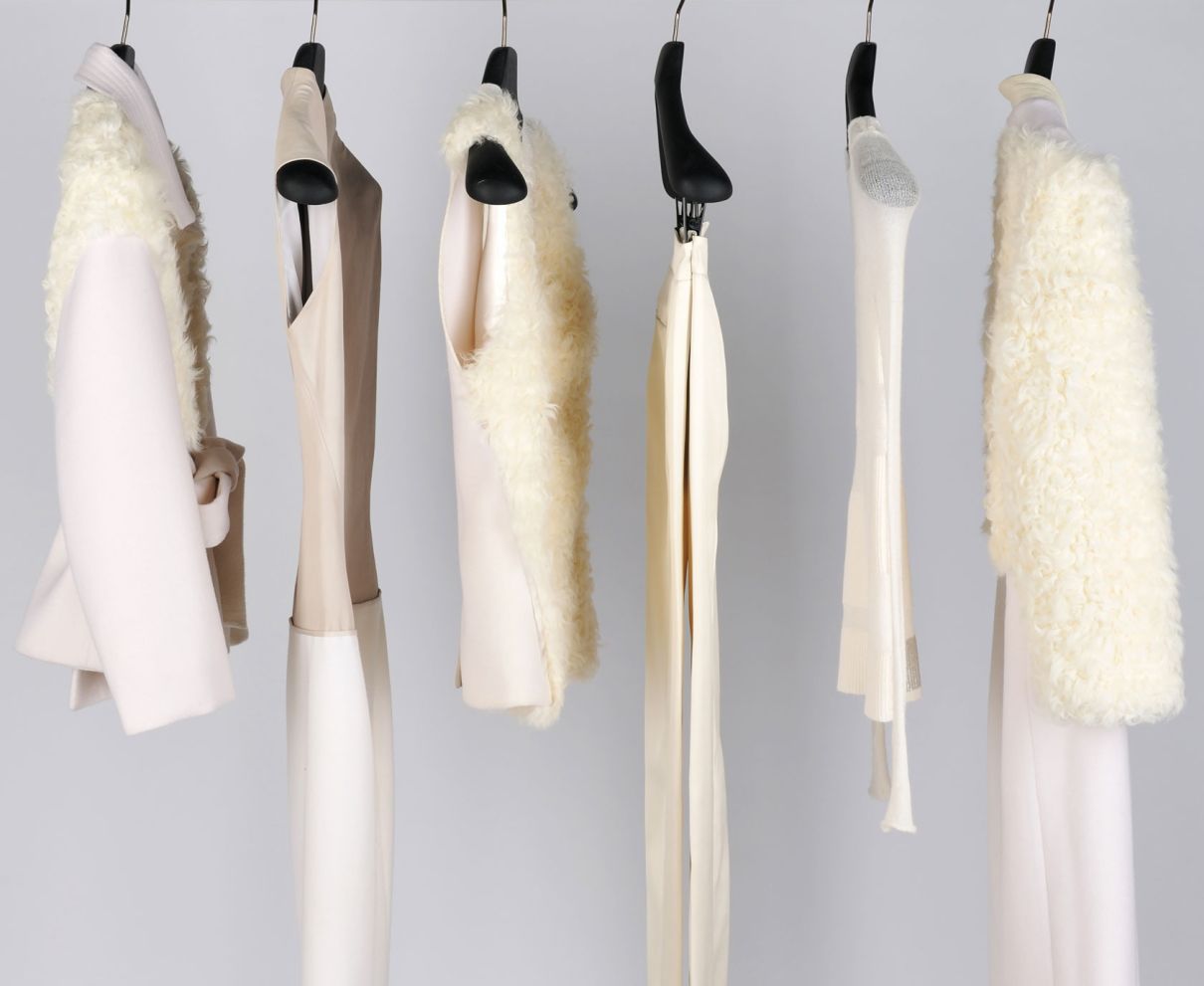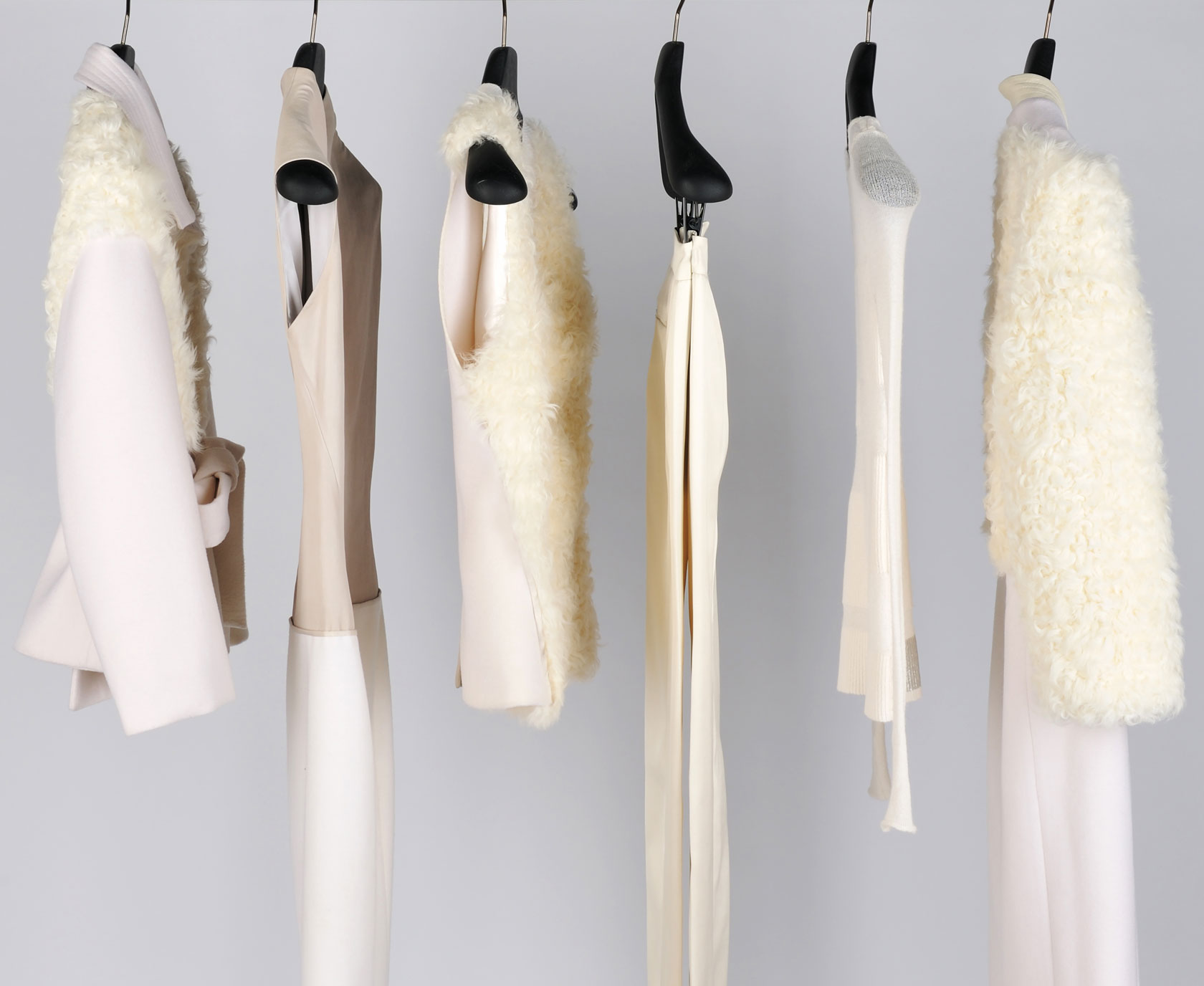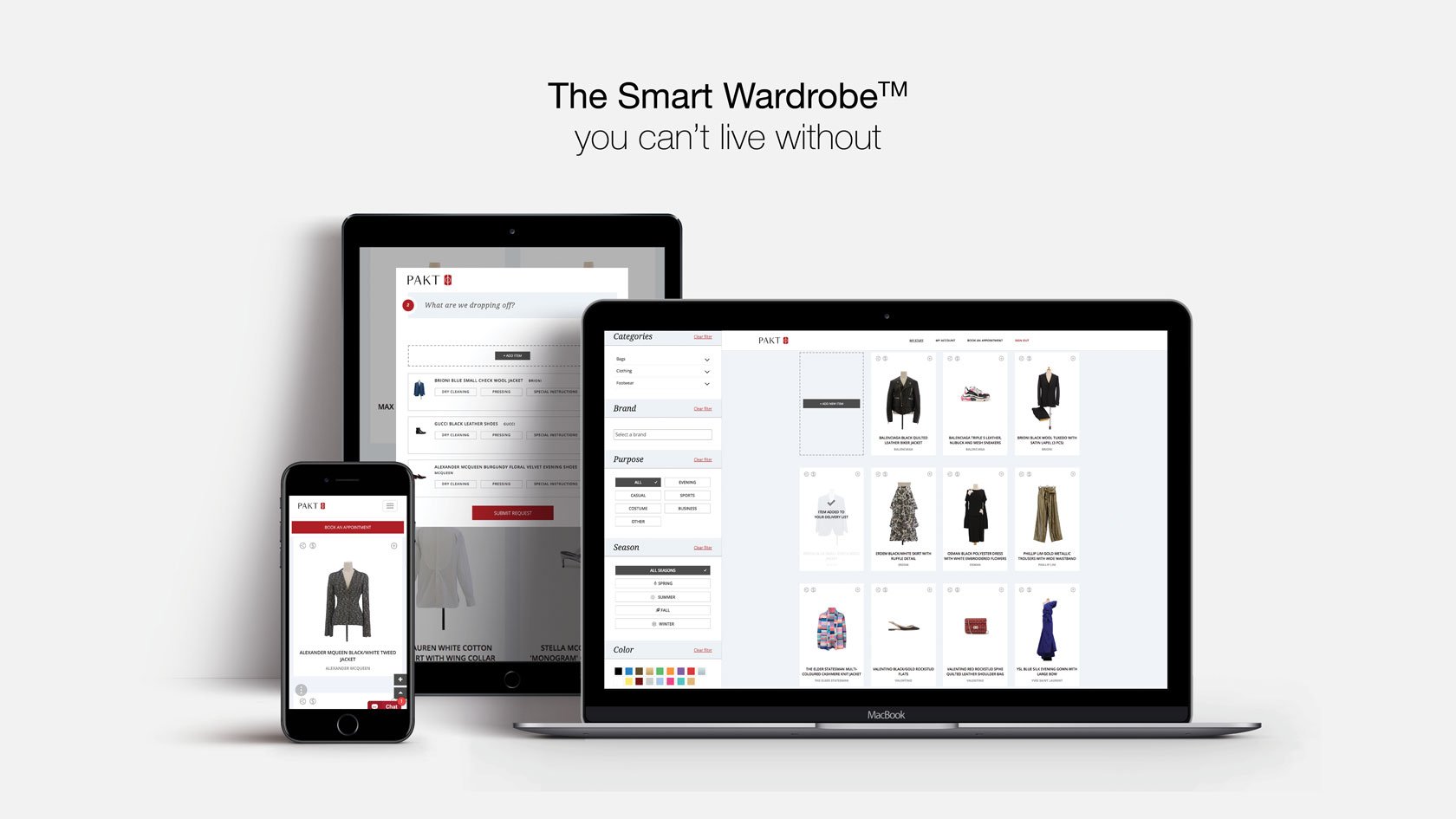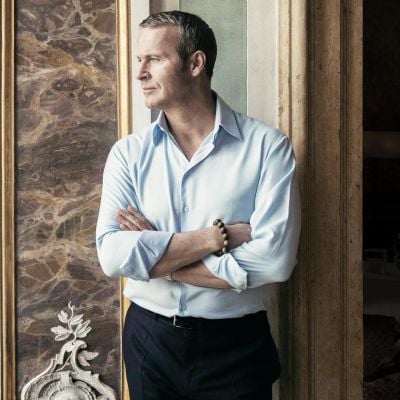Wardrobe Tech To Change The Way We Shop

How tech companies could disrupt the fast fashion industry for good.

Remember that scene in the cult nineties film Clueless, where Cher uses a computer program to survey her enormous closet?
Now, the explosion of digital wardrobe apps is allowing people to do the same, and it could help cut consumption.
Fashion and textiles is commonly cited as the world's second-most polluting industry, with an estimated 73 percent of clothes end up in landfill or being incinerated, according to the Ellen MacArthur Foundation.
There's a well-known adage that most people only wear 20 percent of their wardrobe on average, often because they simply don’t know what they have. Fast fashion buying habits urgently need to change.
Apps can provide organisation to help people get more wears from their closet, which could help to reduce consumption, says Christina Dean, Founder and CEO of The R Collective, a sustainable fashion brand, and Founder/Chair of Redress, an environmental NGO.

For example Save your Wardrobe is a London-based startup which builds a free digital wardrobe by uploading customers’ clothes from online receipts and pictures. The app then 'reads' the photo to determine the garment’s main features, such as type, color, length, material, neckline shape, and can suggest outfit options.
Cladwell is another app which encourages you to "love your clothes again", Stylebook, Pureaple, Closetspace and Smart Closet are others.
Meanwhile as a sign of the industry's trajectory, Finery, a two-year-old New York based app for iOS which aims to personalise users' wardrobes, launched by actress Brooklyn Decker and former CNN anchor Whitney Casey, was acquired last month by Stitch Fix, an online styling platform recently valued at US$2billion.
"The reality is that most of us, whether we are hard core fashion consumers or just every day fashion lovers, have more clothes than we need. Keeping our closets organised and accessible is one way to ensure that we get the most mileage from our clothes," adds Dean.
PAKT is a four-year-old Hong Kong-based mobile technology company seeking to solve the dual problem of cramped urban living spaces and sustainability. As well as digitising your wardrobe it offers a physical storage, care and delivery service. For property developers and other B2B clients it can create a wardrobe extension service to add to a package for tenants.

It started when former investment banker Barbara Yu Larrson moved to Hong Kong from London with her family. While they searched for the right place to live, they stayed at a hotel. The hotel did not have adequate storage for all of the family's clothes, so they had to rent another room, just for their clothes.
"It was crazy there was no other option," she recalls. "It thought, there has got to be a better way to do this." She set up PAKT in 2015 in a bid to "revolutionise the way we relate to what we wear."
As well as being a Mecca of consumption, with one of the highest ratios of luxury retailers per square kilometre, Hong Kong in particular suffers from shortage of space. In 2010, 5 percent of the private housing stock in Hong Kong was less than 430 square feet. Today, 45 percent of the housing stock in Hong Kong is of that size or less.
"More and more people want to shop smarter as well as be more sustainable and a conscious consumer. If you look after your clothes you can extend the life of the garment," she explains.
PAKT aims to be a 'full wardrobe management platform' with the option to share your clothes with friends, donate to charity or sell through a partnership with pre-loved luxury site Vestiaire Collective. It plans to roll out its service in other Asian countries from next year.
With an estimated 4.2 billion people living in cities today, projected to hit 6.4 billion by 2050, consumer retail habits urgently need addressing. If technology can provide support, it can't come soon enough.








